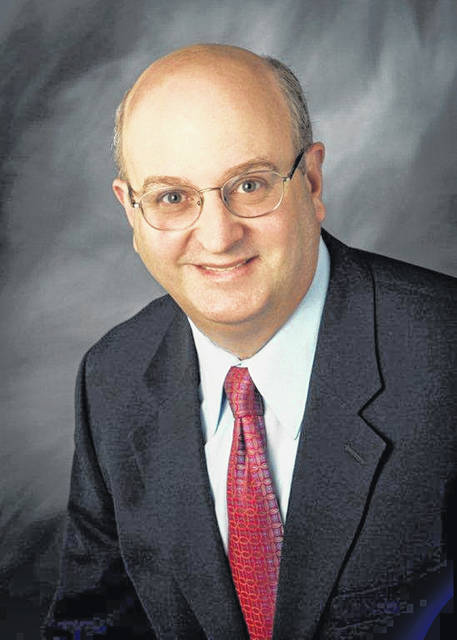
The COVID-19 pandemic has impacted this year’s class of American high school seniors since their sophomore year. In adapting to this phenomenon, this spring’s high school graduates have relied on technology far more than any of their previous counterparts.
Over this two-year window, the entire world population has been educated on the virus and the consequences of its existence. Its impact on higher education is evident. Seniors are learning that colleges and universities have varying ranges of protocols in dealing with the pandemic, which currently has no end in sight.
Concurrent is the fact that many employers are offering opportunities to secure better hourly wages and even education benefits for motivated teenagers. This double incentive — higher pay and educational benefits — is resulting in many recent high school students and graduates deciding to work now and attend college later.
This is real. In Europe, this is called a gap year. Its premise is to delay attending college directly after high school in favor of engaging in a personally enriching experience such as voluntary service or travel or taking advantage of employment opportunities that offer skills training, work experience, increased financial compensation and other potential benefits that would make education more beneficial in the future.
To counter or even complement this gap year movement, colleges and universities are offering incentives ranging from hybrid class offerings and improved amenities for enrolled students to low net pricing.
Colleges are still able to maintain, within current pandemic guidelines, co-curricular and extracurricular programming, responsible independent living and opportunities to explore diverse cultures.
These represent important experiences designed to better equip a college graduate for rewarding careers and the world of work. College also offers employment opportunities that accommodate a student’s lifestyle and interests.
This current and increasingly popular gap year movement is caused by the changing demographics, pandemic and repositioning of the labor force. It has some entering freshmen concerned about their possible acceptance into their colleges of choice.
For example, students graduating in May/June of 2022 may have to complete with their former classmates who graduated in 2021 and 2020 but opted for gap years. If those gap years included acquiring life and employment experience, their applications could be considered superior to that of a recent high school graduate.
The best advice remains to plan early and select alternative options — since today’s college choice has shifted to “Where?”, “Why?”, “When?” and “How much?” — from years past when where to attend was the main factor relating to acceptance into one’s college of choice.
Dennis M. Kelly, a nationally known enrollment administrator, has been presenting columns in the Wilmington News Journal on navigating the college search process as a service to local families. Kelly is the senior vice president for enrollment management at Wilmington College.


